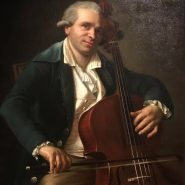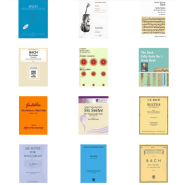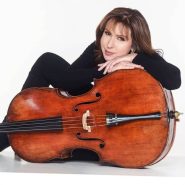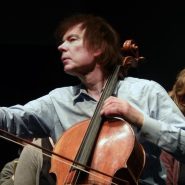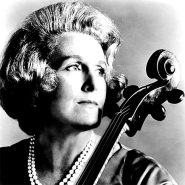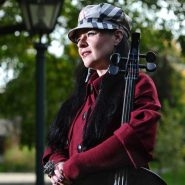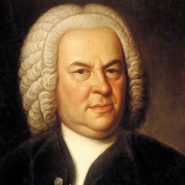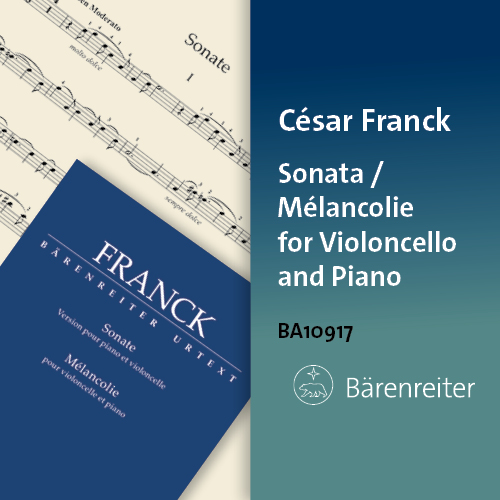Tag: Pierre Fournier
By Janet Horvath March 6, 2022
Subjects Historical
Tags Adrien François Servais, Andre Navarra, Auguste Franchomme, Bernard Greenhouse, Chopin, Eleanor Aller, Elsa Hilger, Felix Salmond, Frank Miller, French, French Cello School, Jean Louis Duport, Joseph Platel, Jules Delsart, Leonard Rose, Maurice Gendron, Paul Bazelaire, Paul Tortelier, Pierre Fournier
By Tim Janof November 30, 2021
By Tim Janof June 28, 2021
By Tim Janof October 27, 2019
Subjects Interviews
By Tim Janof October 25, 2019
Subjects Interviews
By Selma Gokcen September 16, 2015
Subjects Playing Healthy, Practicing
By Robert Battey January 16, 2013
Subjects Repertoire
Tags accuracy, ambiguity, Anna Magdalena, Anner Bylsma, artistic, autograph, Bach, Bach Cello Suites, Bach Suites, Bach's original intentions, Bach’s precise intentions, Barenreiter, Battey, careless, cello, cellobello, challenges, colors, complexities, conclusions, curiosity, dilemma, Editions, editors, enjoyment, experimentation, flawed, genius, historical, inconsistent copies, instrument control, Instruments, interpretive creativity, interpretive ideas, Janos Starker, judgment, liberation, lute, lute arrangement, meaningful interpretations, monochromatic, normal teaching model, Pablo Casals, painting, parameters, paris, personal research, personality, phrasing, Pierre Fournier, printing, publications, rainbows, recordings, repertoire, response, Rhythm, robert, sloppy, slurs, study, Teaching, text booklet, textual, The Fencing Master, transcribing, uncertainties, virtuosity
